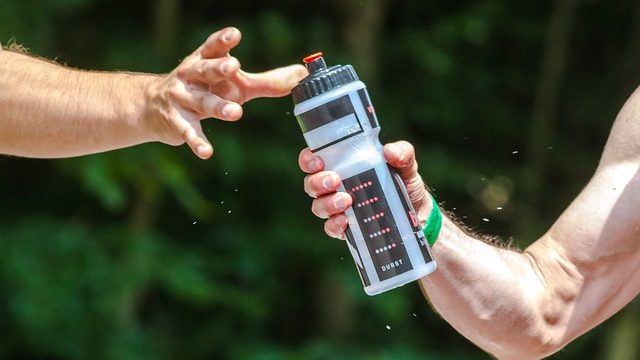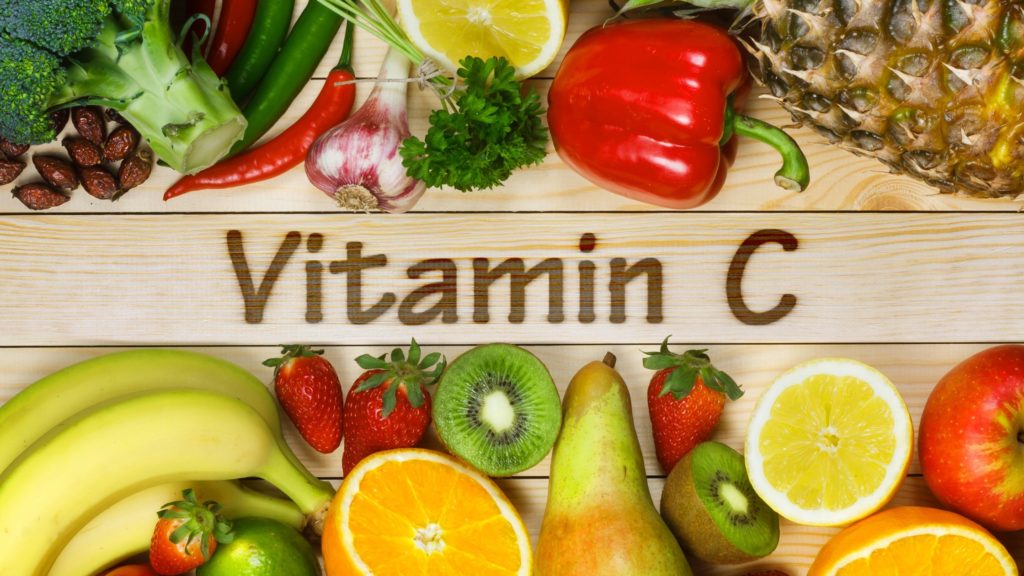Last updated on April 22nd, 2025 at 11:12 am

A recent study reveals that latenight snackers, who snack after 9 pm, are bad for your heart and metabolic health. The study presented on 24th July 2023 at NUTRITION 2023 suggests that what you eat and when you eat the snacks can have a positive or negative impact on your heart and metabolism.
While the quality of snacking could be beneficial for our health, why snacking before bed is bad and what kind of snacking is beneficial? Let’s try to find out everything about this interesting research.
How snacking can affect your heart and metabolic health
Eating outside the three main meals, i.e. breakfast, lunch, and dinner, is termed as snacking. Snacking is part of the dietary pattern of almost all of us. In the current lifestyle, it has become so prevalent that according to a study, almost over 50% of individuals reported snacking at least 2 to 3 times per day. It accounts for 22% of the total energy intake.
Despite this, the association of snacking and its effect on health is poorely understood as the lead author of this paper Kate Bermingham states in the eurekaalert press release, “Surprisingly little has been published on snacking, although it accounts for 20-25% of energy intake,”.
In the present new study, the research team was curious to dive deeper into the relationship between snacking habits and cardiometabolic health.
Identifying and Categorizing Different Snacking Patterns
Bermingham and her team utilized data from ZOE PREDICT 1 study to study the relation between snacking and heart, and metabolic health. Zoe Predict 1 study is the largest UK-based nutritional research programme in the world that studies the effect of different foods on metabolism.
The research team selected 1000 participants who had self-declared their snacking habits for the ZOE study. The snacking habits include the quantity of snacks they consume, the quality of snacks, and the third is timing of snacking. Utilising the data the team analysed their dietary patterns over 2 to 4 days.
High-quality snacks include nuts and seeds or fruits, and unhealthful, highly processed snack includes candy or cookies.
Based on the timing and frequency of snacking, the researchers identified and categorised these participants into four distinct temporal daily snacking patterns.
- Morning snackers (13%): The morning snackers were those consuming more than half of their snack energy before 12 p.m. They make up roughly 13% of the total participants.
- Afternoon snackers (39%): The largest part of the participants were afternoon snackers forming 39% of the total participants. They would be consuming ≥50% of their snack energy between 12 p.m. and 6 p.m.
- Evening snackers (31%): Consuming ≥50% of their snack energy after 6 p.m.
- Grazers (17%): Participants with no distinct snacking peak.
Finally, the researchers also investigated the blood fat and insulin level (both indicators of cardiometabolic health) to find out the effect of snacking patterns on the health of the heart and metabolism.
Quality Over Quantity: The Essence of Healthful Snacking
Lead researcher Kate Bermingham, PhD, a postdoctoral fellow at King’s College London, emphasized that the quality of snacking plays a more pivotal role than the quantity or frequency of snacking.
Reports suggest that going for high-quality snacks that provide substantial nutrients rather than highly processed ones is more beneficial for overall health. The study also encouraged us to go for high-quality snacks as they carry several health benefits. The high-quality snacks were found to be associated with improved blood fat and insulin responses.
Late-Night Snackers beware
One of the most surprising outcomes of this study is the impact of snack timing on our health. According to the study, those who consumed snacks after 9 p.m. i.e. late-night snackers have poor health outcomes. They were associated with unfavorable blood glucose and lipid levels causing negative effects on cardiometabolic health.
What snacking habit is best for you
The study findings clearly suggest avoiding poor-quality snacks and staying away from snacking late at night as they both may risk bad cardiometabolic health. Interestingly, in another study, scientists found that your scalp hair can predict risk of future heart disease.. However, high-quality snacks could potentially confer health benefits. Poor quality snacks can also have long-term negative effects on health such as obesity, type 2 diabetes, and high blood pressure.
- Consume high-quality snacks. High-quality snacks include fruits, nuts dairy products, which can be consumed individually in a mindful combination. Some examples of high-quality snacks that you might consider trying to include blueberries and yoghurt, apple and peanut butter, or a hard-boiled egg with a sprinkle of sea salt. For more such other healthy snack ideas read 10 quick and easy healthy snack ideas on the British Heart Foundation website. These options not only provide essential nutrients and energy, but they also satisfy cravings without packing too many calories.
- Avoid late-night snacking. One should strictly avoid snacking after 9 p.m. Late-night snacking is still wrong as it extends the eating window and reduces the overnight fasting period. The overnight fasting period is crucial for metabolism. So, better avoid snacking after 9 p.m.
- Check the frequency of snacking. Though the research outcome doesn’t suggest frequency of snacking has anything to do with the ill effect on the heart and metabolic health, one should not go for random snacking.
- Lead an active lifestyle. A stagnant lifestyle can add to the cause of poor metabolism and heart disease. We strongly recommend adding morning or evening workouts, aerobics to your daily routine.
Keep Reading: Dummies Guide to Exercising for Diabetes| 12 Easy Workouts to Follow From Today
The author is a physiotherapist who has been practising for the last 17 years. He holds a Bachelor's in Physiotherapy (BPT) from SVNIRTAR (Swami Vivekananda National Institute of Rehabilitation and Research), one of the prestigious physiotherapy schools in India.
Whatever he learns dealing with his patient, he shares it with the world through blogs and e-books. He also owns a YouTube channel, "Sunit Physiotherapist" with over 8 lakh active subscribers. Here, he shares everything he gets to learn serving the patient.





